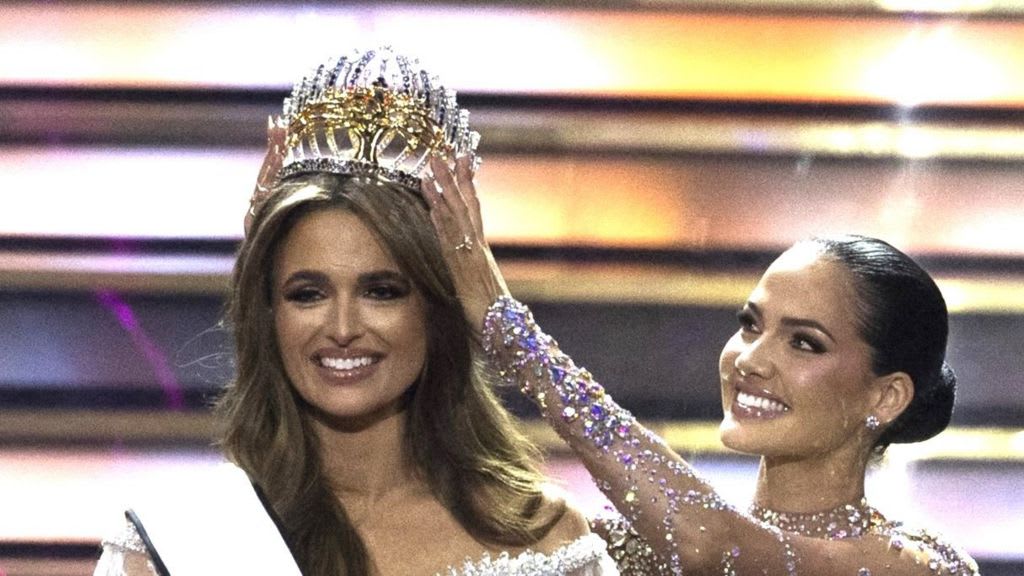
South Africa has chosen its first ever deaf winner of the Miss South Africa beauty pageant. The competition which is now in it’s 66th edition, has chosen Mia Le Roux as it’s next winner in a decision which will help to break down the barriers that prevent people with disabilities taking part in mainstream activities. The announcement came following a tense event which saw one other participant withdraw after she was trolled online due to her Nigerian heritage.
Following her victory, Ms Le Roux stated that she hoped that her win would help and encourage those who felt excluded from society to pursue and achieve their wildest dreams. Many disabled people are generally pointed in career directions that would be more suitable or easier to achieve by their families. This could be seen as a form of cultural prejudice or discrimination and helps to reinforce the stigma that many disabled people feel when they go out on their own in to the world.
There are many barriers in different places in the world which help to prevent disabled people from taking part in activities with their friends and peers who they may have groan up with. This isn’t good as it makes them feel more isolated and separated from the rest of society. By law adjustments need to be made to enable and make sure disabled people can continue to take part in the activities they are used to and feel safest in.
Last week 23-year-old law student Chidimma Adetshina pulled out of the competition following allegations that her mother may have stolen the identity of a South African woman.
Ms Adetshina was born in South Africa to a Nigerian father and a mother of Mozambican origin.
She had been at the centre of a social media storm for several weeks, with many people, including a cabinet minister, questioning her right to represent the country.
She said she had been the victim of “black-on-black hate”, highlighting a particular strain of xenophobia in South Africa known as “afrophobia”, which targets those from other African countries.
Ms Le Roux who had been diagnosed with profound hearing loss since she was a year old as been learning to adapt to life in every day society by wearing a cochlea implant. This helps her to perceive and notice many different forms of sound and enable her to adapt to certain activities. This can help her to reconnect with her friends or those she may have lost contact with due to her health.
Ms Le Roux had stated that it had taken two years of speech therapy before she could even say her first words.
After winning, the model and marketing manager said: “I am a proudly South African deaf woman and I know what it feels like to be excluded.
“I know now that I was put on this planet to break boundaries and I did it tonight.”
Through out the world today, people with different levels of hearing loss are able to take part in many activities that may have been seen as out of reach in the past. This is due to the fact that many adjustments may have been made to help them adjust to different levels or frequencies of sound.
With in the sports industry:
Having a deaf participant in any sport or activity session is not a barrier but an opportunity to adapt the delivery of each session and support them effectively. It can also indirectly benefit others as well.
To help people meet the communication needs of a deaf participant, support groups have developed a whole resource you can browse about deaf people experiences in sport, their advice in communicating with a deaf person and some useful signs for you to learn.